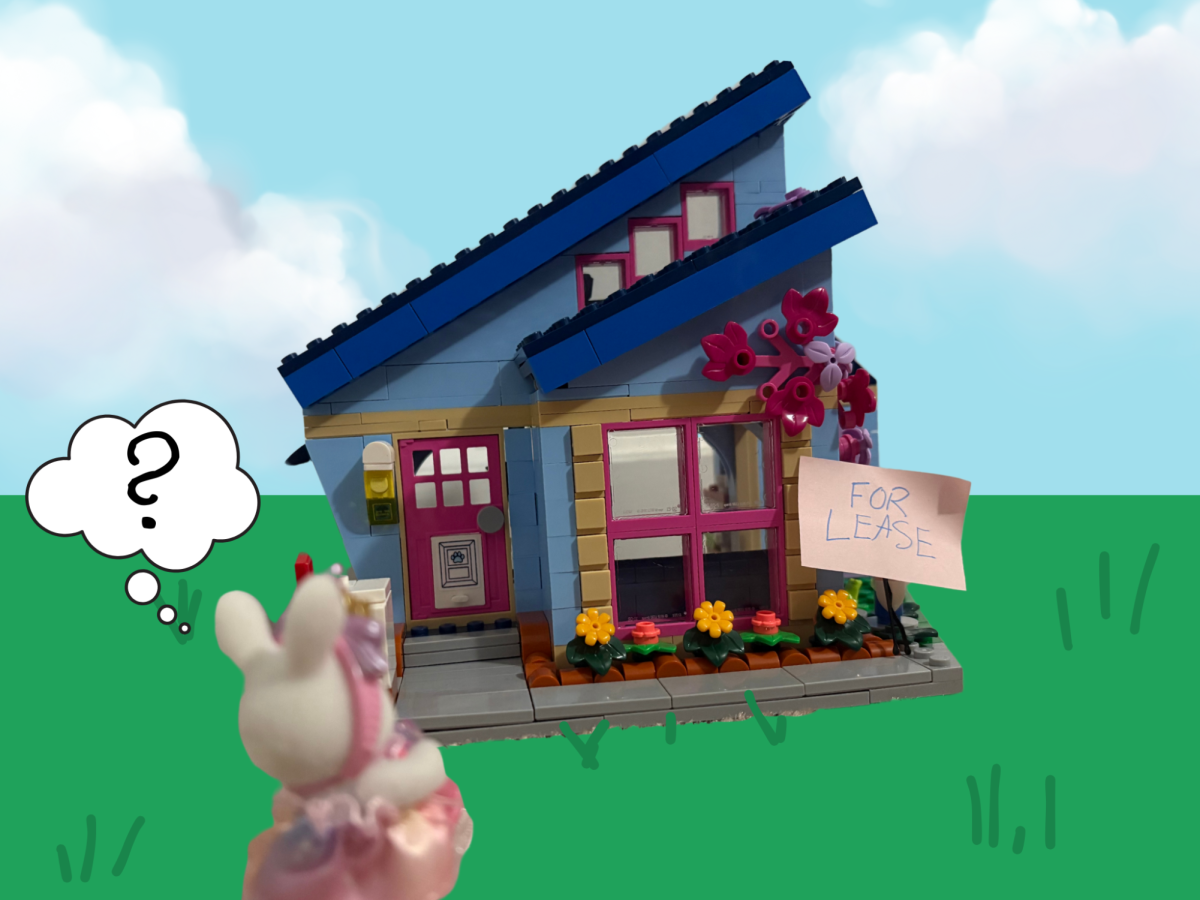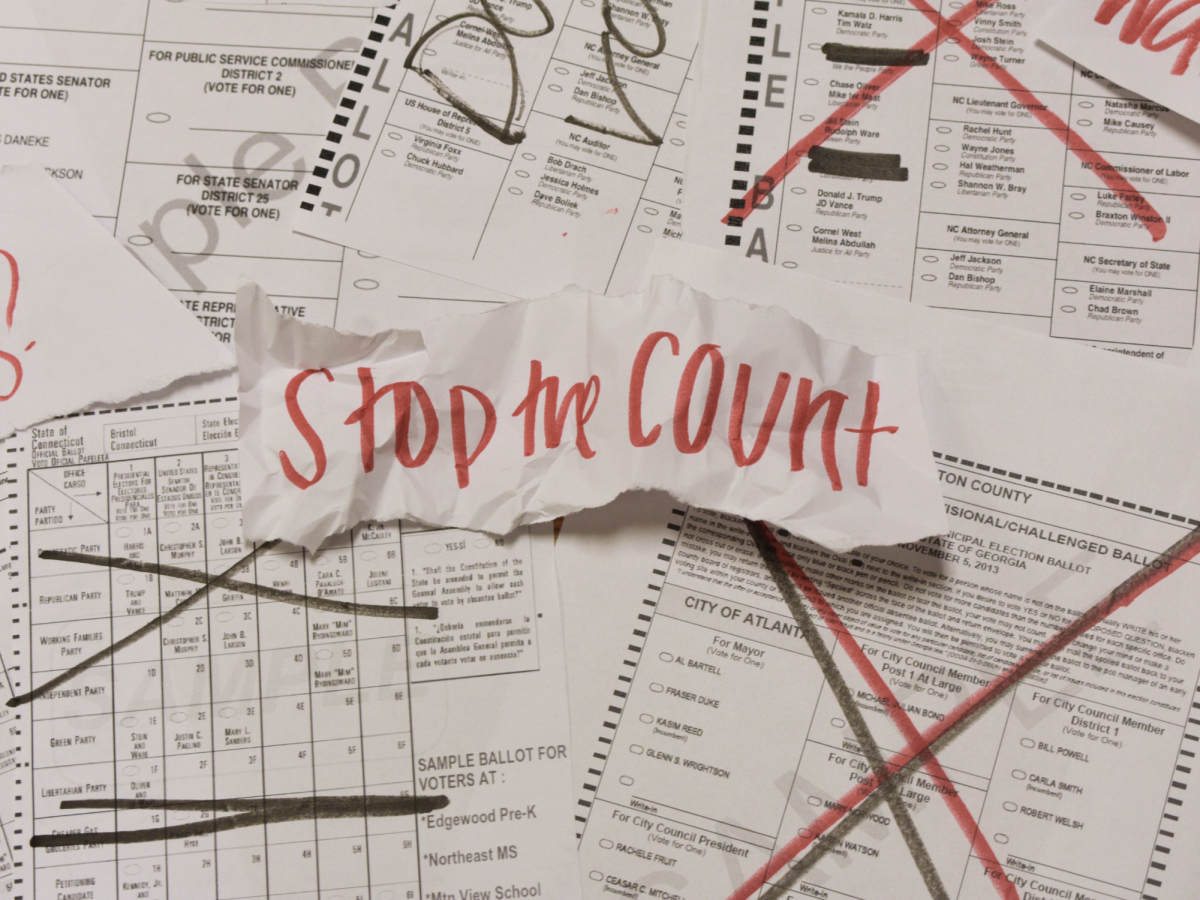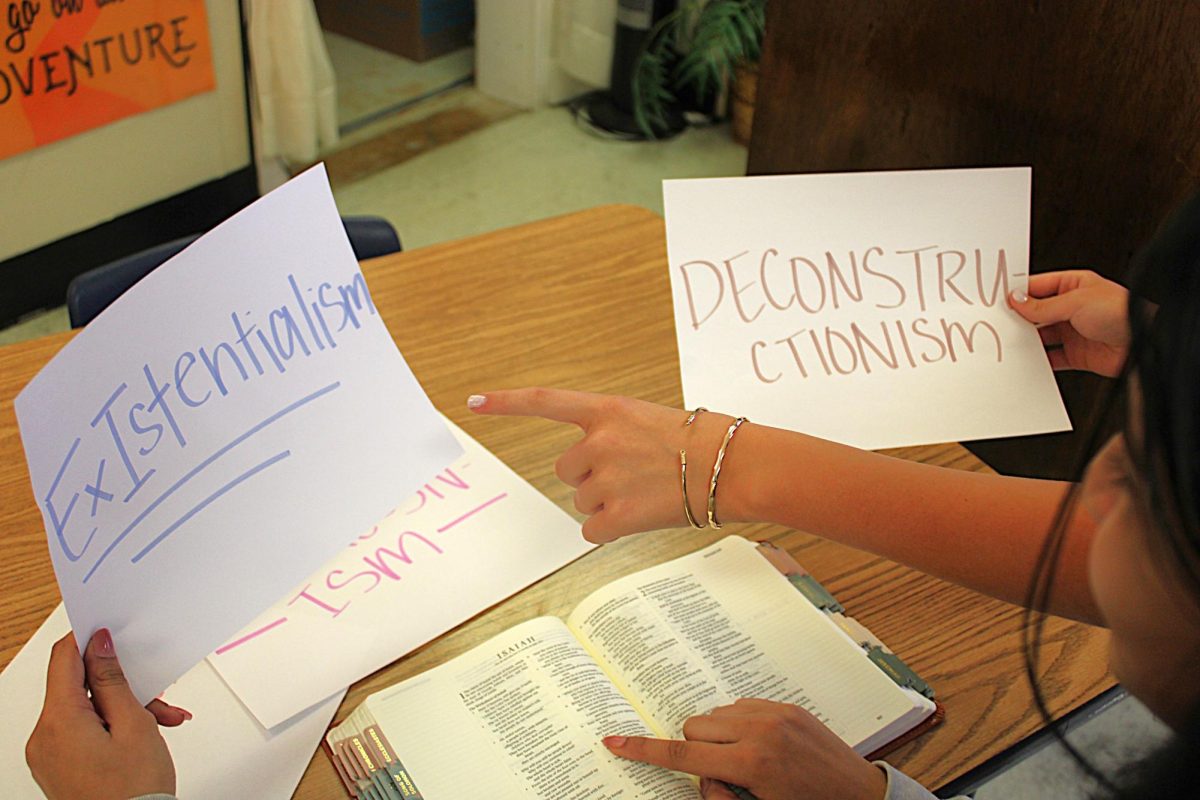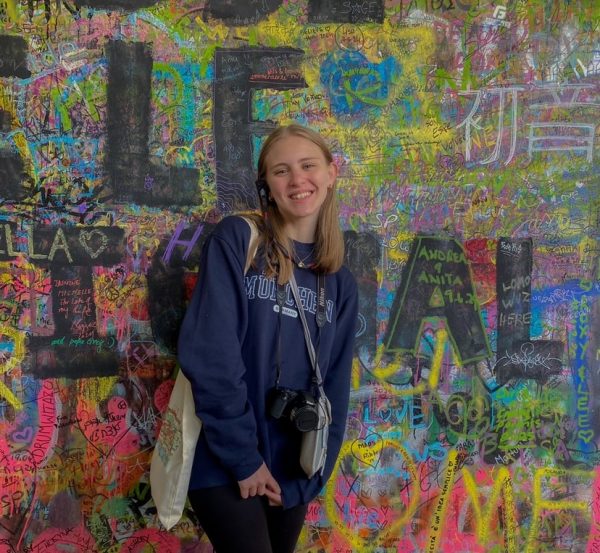During the summer of 2006, sex offender Jeffrey Epstein faced his arrest on a single charge of minor prostitution. Various young women stepped forward and revealed the heinous crimes they fell prey to, which eventually led to a long-awaited trial. The financier, previously known for his powerful connections with numerous political figures, ruined his wealthy reputation in light of pedophilic illegalities on his private island.
“Personally, I think of him as a pedophile and a creep. He was nothing more [than] a rich person with too much power. It just goes to show that the power always lies in that top one percent of people. No one of a lower income bracket would have gotten away with what he did for so long,” magnet junior Pamela Musungu said.
Epstein originally began his career in New York as a high school calculus and physics teacher, even though he did not receive a degree from New York University, where he attended college. After the school dismissed him for poor conduct, Epstein landed a job at the investment corporation Bear Stearns Company before its 2008 collapse. Through his cycle of money management jobs, he opened his own financial firm, J. Epstein & Company, which comprised the source of his wealth. This allowed Epstein the opportunity to purchase multiple properties, including his homes in Manhattan, Palm Beach and the U.S. Virgin Islands: Great St. James and Little St. James. Though he donated a plethora of money to Virgin Island politicians and businesses, he did not maintain a respectable reputation in the area. His wrongdoings rose as public knowledge for surrounding citizens, and the financial gifts he contributed did not alleviate the dislike of Virgin Islands residents.
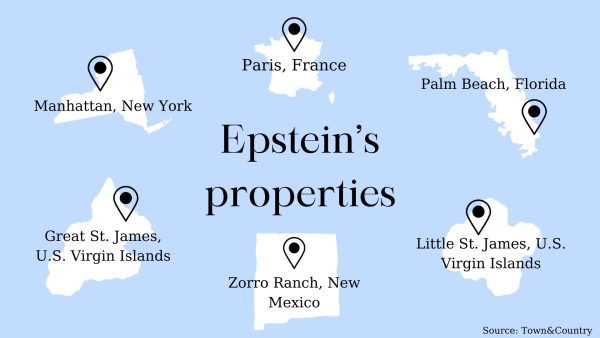
Little St. James, also known as “Pedophile Island,” housed a majority of the millionaire’s sex trafficking crimes. The Caribbean 75-acre oasis, equipped with multiple villas, allowed Epstein to conceal the transportation of various teenage girls with the help of associates, such as longtime partner Ghislaine Maxwell. Each victim would enter in on a Hyperion Air helicopter where they would eventually meet the abuser, who rode his private jet—named the Lolita Express—to the site. Once he met with the girls, Epstein would force them to perform various sexual acts, paying each with hundreds of dollars after the rendezvous ended. After Epstein established a relationship with the victims, they would continuously bring new girls to his island, expanding his sex trafficking ring.
Not only did Epstein personally assault each girl, but he would also invite his affiliates to do the same. He hosted numerous parties which allowed prominent social figures to take advantage of the girls. These detestable gatherings formulated Epstein’s controversial list—recently released with other case documents—which holds the names of former victims, associates and accusers.
Eventually, Epstein’s powerful reign came to a halt March 2005, when a 14-year-old girl reported experiences of sexual activity at his Palm Beach property. The mention of this incident caused an investigation, in which multiple other individuals revealed their encounters with Epstein at all of his houses, specifically the mansion in Little St. James. The increasing amount of testimonies led to paperwork that would have charged Epstein with multiple counts of illegal sexual actions; these papers, however, Palm Beach state attorney Barry Krischer dismissed and referred the case to a grand jury.
At the original trial, Epstein pleaded guilty, resulting in an 18-month sentence that received immediate criticism from the public. Landing involvement from the FBI later revealed a deal between Epstein and the U.S. attorney, publicizing that the office agreed to not prosecute the defendant.
Former victims advocated for Epstein’s rightful imprisonment and spoke out against the special treatment from Krischer as the abuser continued his days privately. The Miami Herald revisited the case almost a decade later to look over the handling, which resulted in a new trial. At this trial, New York federal prosecutors charged Epstein with numerous accounts of sex trafficking, prostitution of minors and sexual exploitation. Combined, these charges presented 66-year-old Epstein with 45 years of imprisonment.
Over a month later, guards found the criminal dead in his prison cell. While investigators concluded the cause of death as suicide, there remains speculation on the truth of the ruling. Numerous conspiracies state that Epstein’s death arose from political scandals. While these questions do not stand confirmed, a majority of the public continues to debate the possibility that Epstein fell victim to murder.
“I believe Jeffery Epstein committed suicide awaiting trial because he could not own up to the consequences of his actions. During his interviews before trial, he avoided questions that could have incriminated him, pleading the 5th amendment. To me, that showed how he would never be able to admit guilt to the damage he did,” magnet junior Citlalli Vela said.
Though the wealthy sex offender’s case seemingly poses the situation as a rarity, sex abuse happens frequently around the globe. Epstein’s victims, whose testimonies feature in the Netflix documentary “Jeffrey Epstein: Filthy Rich,” mirror the countless young men and women who endure these hardships today with no refuge. Though various teenagers think the incident remains unlikely, the unforgettable events of Little St. James Island display the importance of remaining vigilant and watching out for signs of potential abuse.





